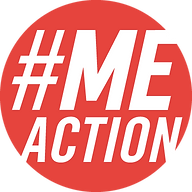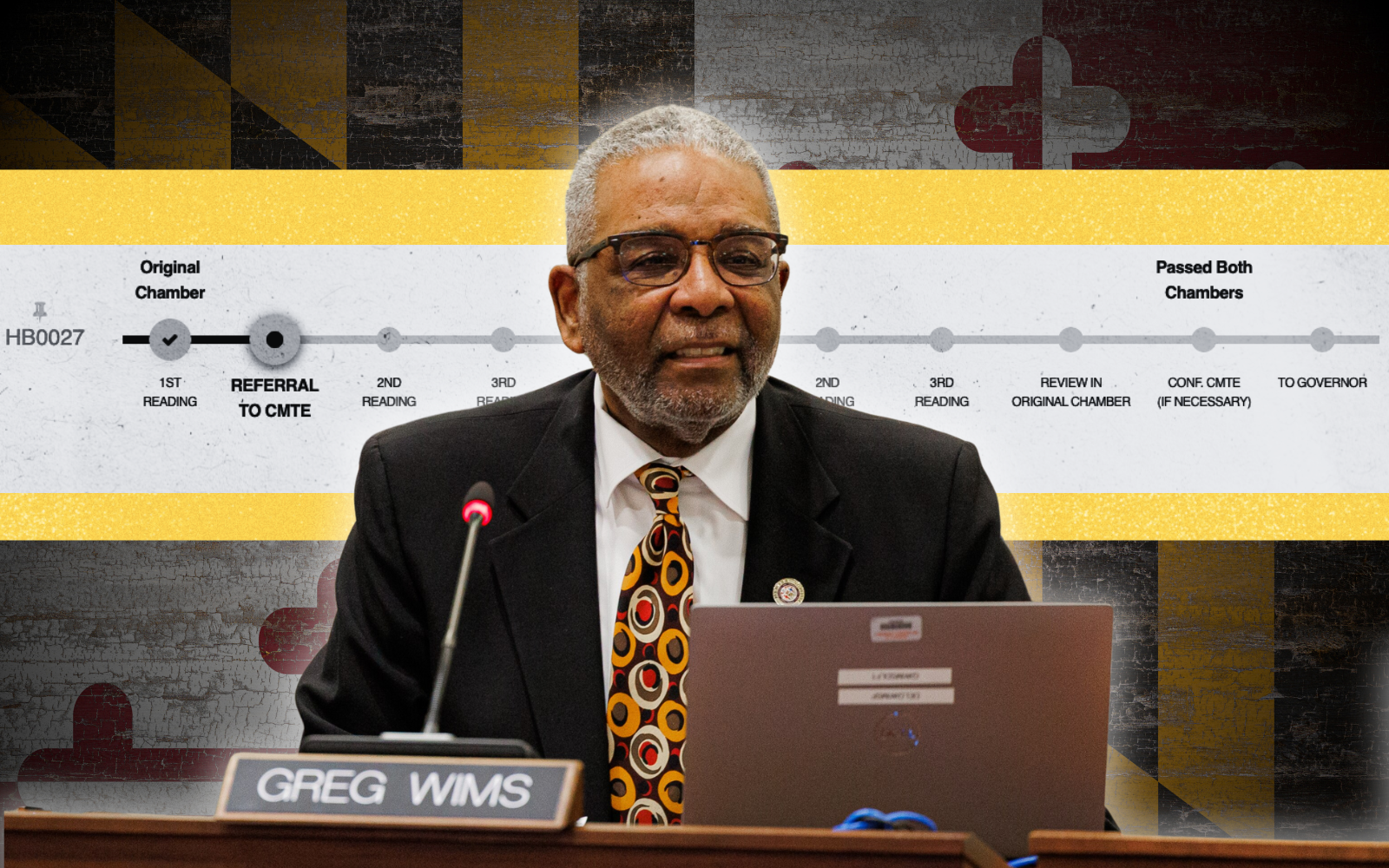Researchers argue that politicization is obscuring scientific findings and that reduced federal support undermines the need for expanded research, monitoring, and prevention. They emphasize that COVID’s chronic impacts could have lasting economic and societal consequences and remain poorly understood, reinforcing calls for more sustained public health investment.
Just continuing on the tradition of the last 50 years on this kind of stuff.




